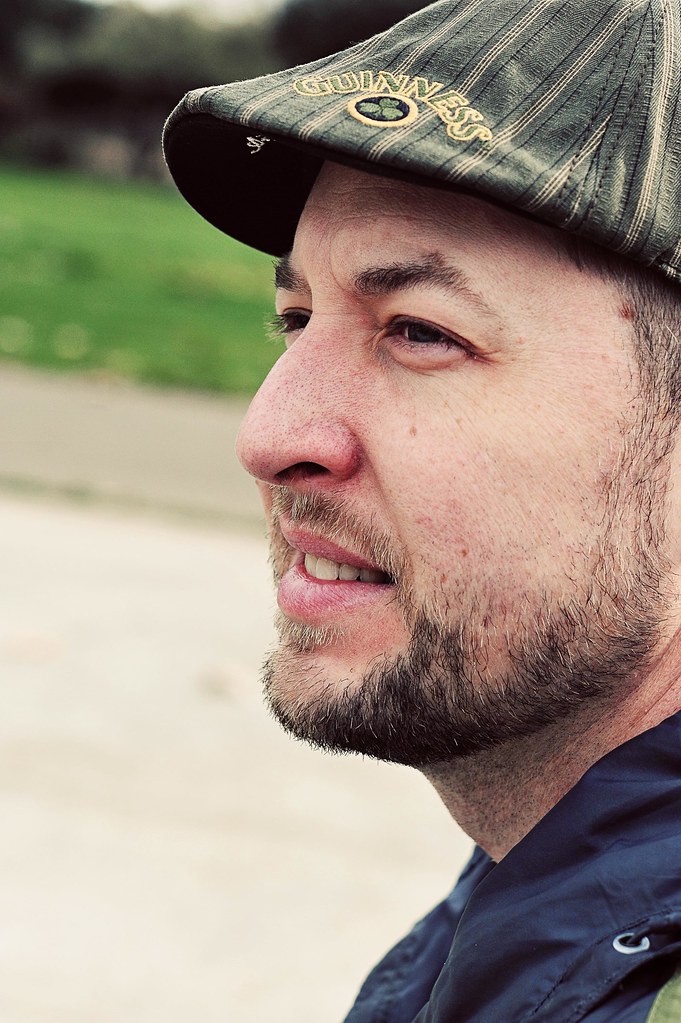A few months ago my wife prevailed upon me to get a "boughten" hair cut. (Those of you who have read Ramona Quimby books realize that a boughten haircut is superior to the home haircut. At our house with 4 boys, the home haircut is a cordless "buzzer" haircut with plastic guards and unintentional nicks on the ears.) My hairdresser that day was a very nice Lebanese Muslim woman. Absent was a burkha, she was certainly western in dress (Not cowboy western, mind you.) After she washed my hair, she asked me what I did. I took a deep breath and said "Pastor." She didn't know what that was. I said minister. "Oh, you mean like a priest." I explained to her that I had four boys and thus was a married priest.
Then came the question that still haunts me. "So, do you pray?" My answer. "Not as much as I should." What was more strange, her question or my answer? To her, religion is prayer (mainly) and alms and fasting. To me, religion is faith, the word, and formal prayers in church, prayer with those who ask for and need prayer, and haphazard prayers as a family or in the "prayer closet." In her mind, a clergyman is someone who does continual "service" or liturgy, in this case praying. In my mind, prayer is just part of my work and part of my life. Since I am not a priest, my life is one of continual service but not one of ritual actions. But how can I call myself a minister if I'm not continually ministering in my priestly privileges. Have I relegated Christ's priestly work of pleading for me through the groanings of the Spirit as a sort of "background computing" so that I can maintain regular functions of public ministry. If I'm a minister of the mysteries of God, why don't I engage in this great work more continually?
Ministering in this postmodern, mulitcultural context, I spend much of my time thinking, reading, writing, and I pray when struck by his majesty or my inadequacy. What if I was a prayer who studied, preached, counseled, and reflected? What would that do to my studies, counseling, preaching, and reflection?
As the conversation progressed, she expressed her admiration for a Lebanese Catholic nun who had asked to suffer for the sake of Christ. She was given stigmata and incredible pain as an answer to her prayer. To my muslim hairdresser, this was devotion. Even Muslims in her village were coming to this nun to be around, or receive a miracle, from a woman of devotion. Of course, my Reformed conscience was saying, "Yeah, great, but this is not what God requires?" I tried to say something terribly noble about God doesn't require that level of sacrifice, just the daily death of serving our families and God with humility and love. Of course, set against a bleeding wailing nun who sought to suffer for Christ, the daily indignity of diapers and reconciliation with alienated family members seems so puny, so unheroic.
As I say that, I see that I treat prayer as unheroic. Saving a family from despair, teaching the Word so that people have clarity and joy, leading a prayer in worship so we are anchored in his majesty and kingdom rule. That's heroic. Prayer, that's too simplistic. Or maybe I don't want to simplify and focus. I love the "options"I have to pursue heroic service and ministry rather than simple, persistent devotion to God himself. I love to work for God much more than I love to seek him. Preferring ministry over ministering to God, sending incense into his holy presence, means I might just be offering "strange fire" - - unrequested, unbidden "liturgy" that makes me feel good without any reference to God himself.
Do you pray? How will we answer? How is the state of our devotion?
Thursday, June 29, 2006
Subscribe to:
Post Comments (Atom)



1 comment:
Very interesting post. Many people look at prayer as a way to communicate to God, all of the things that they think they want or need. We even go so far as to assure God that we are only asking that his will is done...but please God let our request be your will.
I have looked long and hard at my prayer life, and have come to the conclusion that I need to continually examine what it is that I am praying, and how I pray.
Post a Comment